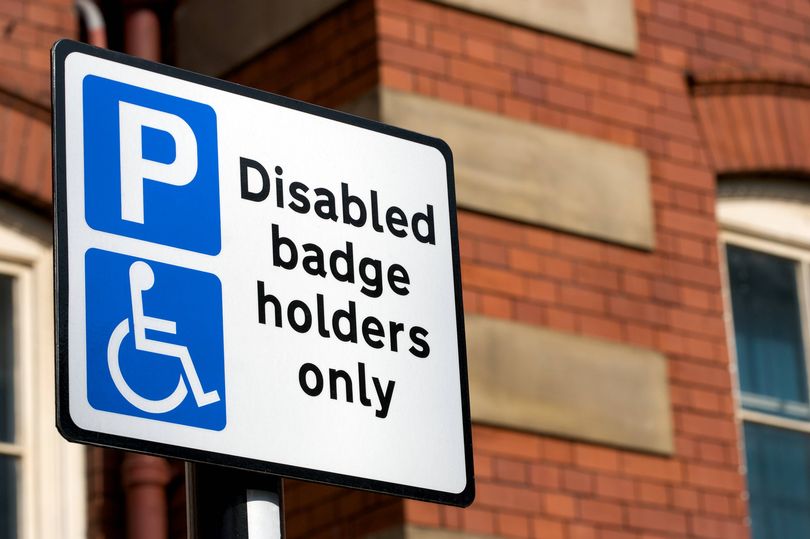Government Assures PIP Recipients of Continued Support Amid Welfare Reform Concerns
As the UK government moves forward with its plans for welfare reform, the Department for Work and Pensions (DWP) has taken steps to reassure Personal Independence Payment (PIP) recipients that their access to essential support services will remain unchanged. These services include Blue Badges, concessionary travel, and Carer’s Allowance, which many disabled individuals rely on to maintain their independence and quality of life.
Work and Pensions Secretary Liz Kendall addressed concerns raised by MPs during a recent parliamentary session, confirming that the 3.7 million PIP claimants who receive up to £749.80 every four weeks will not face any disruption to their current benefits. This assurance came in response to questions from Labour MP Dr Lauren Sullivan, who highlighted the critical role PIP plays in granting access to additional benefits.
Dr Sullivan questioned the Secretary of State, stating: “PIP is, of course, a passport to freedom for many other things such as the Carer’s Allowance, and many local authorities use PIP for Blue Badges and bus passes. Does the Secretary of State have a plan to mitigate the impact of the potential changes to PIP eligibility on access to Blue Badges and bus passes for disabled people?”
In response, Ms Kendall provided reassurance, stating that existing PIP claimants would continue to benefit from their current entitlements, regardless of whether they undergo a reassessment. She also confirmed that all associated benefits, including Carer’s Allowance, would be protected under this policy.
Calls for Review of Motability Scheme
Meanwhile, Conservative MP Danny Kruger has called for a reassessment of the Motability Scheme as part of the broader government review of disability benefits. During parliamentary questions on June 23, he raised concerns about the scheme, which is designed to assist physically disabled individuals with mobility. However, Mr Kruger pointed out that the scheme has expanded significantly, with 100,000 new members added annually, many of whom do not have physical disabilities.
He also highlighted that one in five new cars sold in the UK are obtained through the Motability scheme, costing taxpayers nearly £3 billion each year. Mr Kruger questioned the government’s oversight, stating: “I know that the Minister will blame us (Conservative party) for the system, but the fact is that the Government are not even looking at Motability. They have had a year, and it is their policy now. Will the Minister commit to a proper review of the Motability scheme, and if not, why not?”
In response, Sir Stephen Timms, Minister for Social Security and Disability, stated that the government is not currently proposing any changes to the Motability scheme. He acknowledged the shadow minister’s concerns but noted that the government has not yet decided to implement a review.
Understanding the Motability Scheme
The Motability Scheme is an essential support system for individuals who receive a higher or enhanced rate of the mobility component as part of their disability benefit. It allows them to lease new cars, wheelchair-accessible vehicles, scooters, or powered wheelchairs. In addition to a brand-new vehicle, customers can enjoy benefits such as insurance, breakdown cover, comprehensive servicing, maintenance, tyre services, and windscreen repair.
Although the scheme is not directly controlled by the DWP, it is supported through a direct transfer of payments from claimants’ awards. The scheme offers a wide selection of over 800 vehicles in its latest catalogue. For those receiving the higher rate of the mobility component within the Personal Independence Payment (PIP), the weekly payment is £77.05, amounting to approximately £308.20 every four weeks.
Motability Operations, the charity responsible for managing the scheme, reported that there are currently 815,000 customers across the UK. Known as the Accessible Vehicles and Equipment Scheme, it also serves individuals receiving devolved disability benefits such as Adult Disability Payment (ADP) or Child Disability Payment (CDP). The scheme provides an affordable solution for disabled individuals to improve their outdoor mobility and independence.







